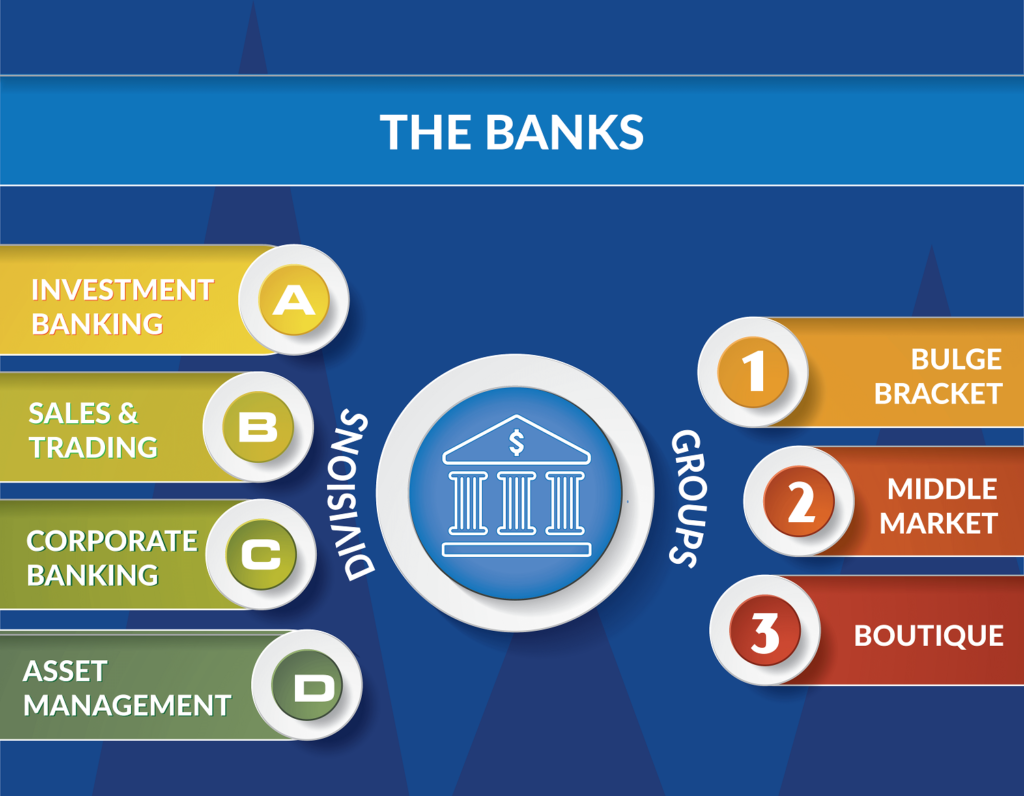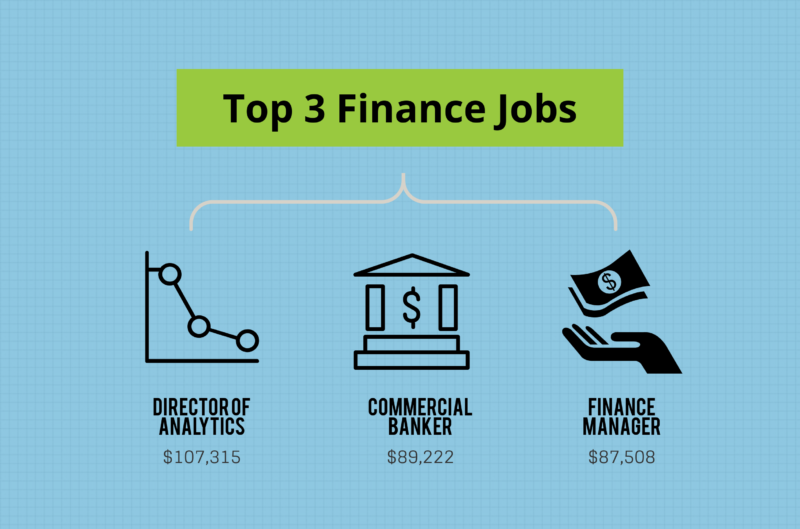
Are you considering pursuing a finance degree but wondering what job opportunities it can lead to? Look no further! In this blog post, we’ll explore the various career options available to individuals with a finance degree. Whether you’re interested in working in banking, corporate finance, or investment management, a finance degree offers a wide range of possibilities. So, let’s dive in and discover what jobs you can get with a finance degree.
Having a finance degree can open doors to a multitude of career paths that offer stability, growth, and high earning potential. However, it’s important to note that not all finance jobs are created equal. Some positions may require additional certifications or advanced degrees, while others may demand long hours and high-pressure environments. It’s crucial to consider your personal preferences and career goals when exploring job opportunities in the finance field.
One of the most common career paths for finance graduates is working in the banking industry. Whether it’s as a financial analyst, commercial banker, or investment banker, banks offer a wide range of positions that require strong analytical and problem-solving skills. Additionally, finance graduates may find opportunities in corporate finance departments, where they can work on financial planning, budgeting, and strategic decision-making for companies. Investment management firms, insurance companies, and consulting firms are also potential employers for finance degree holders.
In conclusion, a finance degree opens up a world of possibilities in the job market. From banking to corporate finance to investment management, there are numerous career paths to explore. By leveraging your analytical skills, financial acumen, and attention to detail, you can carve out a successful career in the finance industry. So, if you’re passionate about numbers and eager to make a meaningful impact on organizations, consider pursuing a finance degree and unlock a wealth of professional opportunities.
Exploring Careers in Finance: Banking and Financial Analysis
One of the most popular career paths for finance graduates is working in the banking industry. As a financial analyst, you’ll dive deep into financial data, analyze market trends, and provide insights to support decision-making. This role requires strong analytical skills, attention to detail, and the ability to communicate complex financial concepts to stakeholders. Some financial analysts specialize in investment banking, where they help companies raise capital, facilitate mergers and acquisitions, and provide strategic financial advice.
To excel in this field, it’s important to stay updated on market dynamics, economic trends, and industry-specific regulations. By developing a deep understanding of financial markets and honing your analytical skills, you can position yourself as a valuable asset within the banking sector.
Exploring Careers in Finance: Corporate Finance
Corporate finance is another popular avenue for finance graduates. In this field, you’ll work within a company’s finance department, focusing on financial planning, budgeting, and strategic decision-making. Corporate finance professionals play a crucial role in optimizing a company’s financial performance, ensuring its long-term sustainability and profitability. They may be involved in analyzing investment opportunities, managing cash flow, and assessing the financial impact of business decisions.
To succeed in corporate finance, it’s essential to have strong analytical skills, business acumen, and the ability to collaborate with cross-functional teams. Attention to detail, problem-solving abilities, and a deep understanding of financial statements are also key traits of successful corporate finance professionals.
Exploring Careers in Finance: Investment Management
If you have a passion for investing and managing portfolios, a career in investment management may be right for you. Investment managers oversee the allocation of funds on behalf of clients, such as pension funds, endowments, and high-net-worth individuals. They research potential investment opportunities, conduct financial analysis, and make informed decisions to maximize returns while managing risks.
To thrive in this field, it’s crucial to stay informed about market trends, economic indicators, and industry-specific factors that can impact investment performance. Strong analytical skills, a deep understanding of financial markets, and the ability to make data-driven decisions are essential qualities for a successful investment manager.
Exploring Careers in Finance: Consulting
Another exciting career path for finance graduates is working in the consulting industry. Finance consultants provide strategic financial advice to companies, helping them solve complex financial challenges, optimize processes, and drive business growth. They may assist with financial modeling, risk assessment, cost management, and financial strategy development.
To excel in this field, it’s important to have strong analytical and problem-solving skills, as well as the ability to communicate financial insights effectively. Attention to detail, business acumen, and the ability to work under pressure and tight deadlines are key attributes of successful finance consultants.
Question and Answer
Q: Are there any specific certifications or advanced degrees that can enhance job opportunities in finance?
A: Yes, certifications such as the Chartered Financial Analyst (CFA) designation or a Master of Business Administration (MBA) degree can provide a competitive edge in the job market and open doors to advanced positions in finance.
Q: Are finance jobs in high demand?
A: Yes, finance jobs are typically in high demand, especially as companies recognize the importance of sound financial management and strategic decision-making.
Q: Can a finance degree lead to entrepreneurship opportunities?
A: Absolutely! A strong foundation in finance can be invaluable for aspiring entrepreneurs, as it equips them with the financial acumen necessary to make informed business decisions and secure funding for their ventures.
Q: What are some non-traditional career paths for finance graduates?
A: While banking and corporate finance are popular career paths, finance graduates can also explore opportunities in industries such as real estate, nonprofit organizations, government agencies, or entrepreneurial ventures.
Conclusion of What Jobs Can You Get With a Finance Degree
In conclusion, a finance degree offers a wide range of job opportunities in fields such as banking, corporate finance, investment management, and consulting. Whether you’re analyzing financial data as a financial analyst, making strategic decisions as a corporate finance professional, managing investment portfolios as an investment manager, or providing financial advice as a consultant, a finance degree equips you with the skills and knowledge to thrive in the industry. So, if you have a passion for numbers and a desire to pursue a rewarding career, consider a finance degree and unlock a world of possibilities.
Gallery
Awasome Finance Administration Careers Ideas – Funaya Park

Photo Credit by: bing.com /
Best Jobs For Graduates With A Finance Degree
:max_bytes(150000):strip_icc()/top-jobs-for-finance-majors-2064048-final-5b60d656c9e77c002c4f0dcb.png)
Photo Credit by: bing.com / majors banking graduates prospects
What Jobs Can You Get With A Finance Degree (Finance Careers)

Photo Credit by: bing.com /
What Jobs Can I Get With A Business Finance Degree – Business Walls

Photo Credit by: bing.com / degree banking why paying
What Can I Do With A Bachelor’s In Finance Degree? – Bachelors Degree

Photo Credit by: bing.com / jobs






